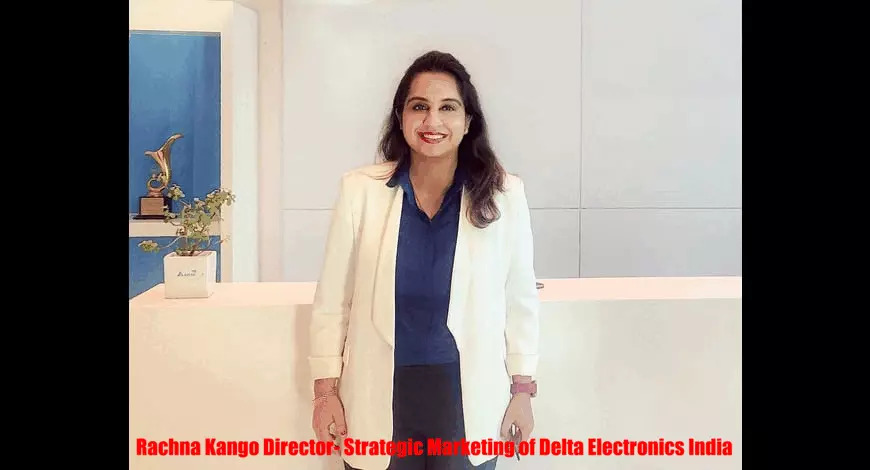Environmental, social, and governance (ESG) have become more than a buzzword that has effectively made its rounds in various industries. It demonstrates the way businesses have been measuring up to others in the realm of environmental protection. Environmental factors (like pollution, sustainability, greenhouse emissions, and waste management) denote how a company’s activities impact the environment and manage them. The social criteria, including human rights, labour practices, working conditions, and diversity, focus on the business’s relationships, inclusion, and composition. At the same time, governance refers to management responsibilities like gender equity, bribery, corruption, executive pay, and board diversity.
Hence, adopting ESG practises and policies has become essential for both consumers and investors, as it involves embracing sustainable practises by businesses and brands. Today’s consumers are ever-increasingly aware of the sustainability and ethical factors attached to brands and the products they interact with daily.
Every household consumer is becoming more aware of the impact of ESG on the environment and climate change.76% of consumers opined that they would stop buying from companies that treat the environment, employees, or the community in which they operate poorly. ESG has gained more momentum, especially after the COVID-19 pandemic outbreak, which consumers consider the first sustainability crisis of the century.
Why is ESG vital for businesses?
While it’s evident that sustainability isn’t new in the marketplace, incorporating ESG efforts and strategies and linking them with marketing efforts helps in remarkable ways. It supports effectively telling the brand story and will increase brand loyalty and value. Through ESG, businesses can best illustrate their brand’s inclusivity, sustainability, equity, and transparencynd linking them with marketing efforts helps in remarkable ways. It supports effectively telling the brand story and will increase brand loyalty and value. Through ESG, businesses can best illustrate their brand’s inclusivity, sustainability, equity, and transparency. Every corporate entity’s CEO must drive this process, which must be instigated by the CEO and supported by the CMO, who can arguably act as the chief sustainability officer.
Sustainability has become a fundamental need alongside other needs (like cost and brand experience) for B2C and B2B consumers. It is also reshaping the marketing landscape. Most companies have recognised the significance of communicating proactive and integrated ESG policies and outcomes to ensure a competitive advantage over other industry players. Here’s a guided list of crucial approaches to help weave ESG into various marketing plans.
Starting by redefining the mission statement
Firstly, businesses should create a mission statement that aligns with their ESG efforts. This step helps articulate an organization’s environmental, social, and governance commitments. However, aligning the entire mission around responsible growth is not recommended, as it is unsuitable for the business. Instead, establishing such values in the purpose helps set the tone of the organisation’s culture.
Exploring brand values
Brand values lie at the centre of a business, and it is specifically important to define and communicate a brand’s ESG outlook and efforts. Organisations must create company values and construct key messaging driven by sustainability that is authentic to the company.
Listening to consumers
A proper ESG plan does not require a brand to have all the answers. Therefore, businesses must leverage social media channels and access to their audience to get the appropriate inputs and feedback from them. For instance, companies can ask consumers specific questions regarding their approach to ESG issues when running a Twitter chat. Even starting a simple LinkedIn poll allows businesses to have a discussion and respond to the comments posted by consumers. As a result, listening to consumers is critical to a successful ESG strategy in order to align with customers and craft messages accordingly.
Sharing the stage and amplifying others
ESG undoubtedly highlights some direct or indirect issues commonly faced. It signifies that consumers can relate to the problems, which will make the business the star surrounded by like-minded companies or individuals inspiring and educating consumers.
Final words
ESG is a common touchpoint in brands’ marketing plans. Sticking to ESG issues for a robust marketing plan cannot go wrong if organisations follow some primary pillars. Firstly, brands should stay up front and work towards meeting the gaps between their existing brand position and where they desire to be. Secondly, they must understand that marketing is a conversation, not a one-way message, and, finally, staying consistent is key to incorporating ESG in every campaign to attract consumers’ attention.
Rachna Kango is the Director- Strategic Marketing of Delta Electronics India

